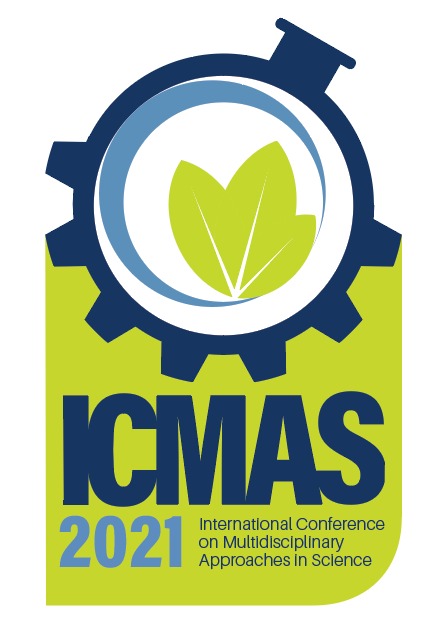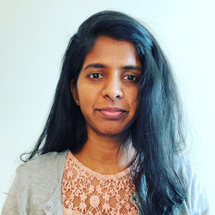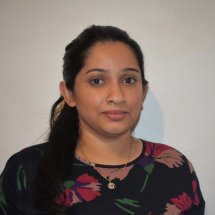Symposium on Infectious Diseases Modeling
The Research & Development Centre for Mathematical Modeling in collaboration with the Faculty of Science is organizing a Symposium on Infectious Diseases Modeling.
Date & Time: 25th November 2021 at 8.00AM - 5.00PM (IST)
Symposium on Infectious Diseases Modeling aims to bring together academics, researchers and young research scholars to exchange and share their knowledge and experiences on all aspects of Infectious Diseases Modeling. This also provides a multidisciplinary platform for academics / researchers / professionals to present recent model developments as well as challenges encountered and possible solutions in the area of Infectious Diseases Modeling.
This symposium solicits research papers describing significant and innovative research contributions in any area of Infectious Diseases Modeling. Submissions on a wide range of research topics related to Mathematical Models & Analysis, Data Driven Models, Computational Models, Simulations Models and Soft Computing Models will be encouraged.
Session Chair
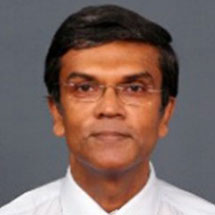
Prof Saroj Jayasinghe
Emeritus Professor
University of Colombo
Sri Lanka
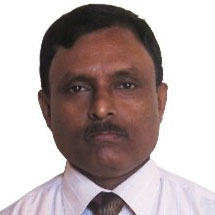
Prof Leslie Jayasekara
Department of Mathematics
University of Ruhuna
Sri Lanka
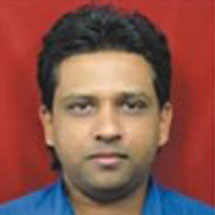
Dr NC Ganegoda
Department of Mathematics
University of Sri Jayewardenepura
Sri Lanka
For more details, please contact coordinators:
Invited Talks
Time: 08.00 am - 08.30 am
The role of testing in COVID-19 control
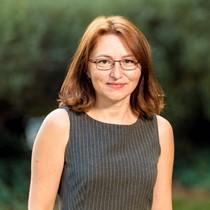
Prof. Stanca Ciupe
Department of Mathematics
Virginia Tech, USA
Time: 08.30 am - 09.00 am
Modelling dengue and Japanese Encephalitis vaccination
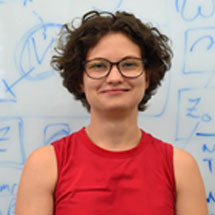
Dr. Hannah E Clapham
Saw Swee Hock School of Public Health,
National University of Singapore
Singapore
Time: 09.45 am to 10.15 am
A study on Transmission Dynamics of COVID-19 in Nepal
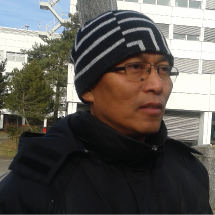
Prof Dil Bahadur Gurung
Department of Mathematics,
School of Science
Kathmandu University, Nepal
Time: 12.45 pm - 01.15 pm
COVID-19 in Germany from the perspective of spatial auto-correlation and case-weather relation

Dr. Karunia Putra Wijaya
Universität Koblenz-Landau,
Germany
Time: 01.15 pm - 01.45 pm
Different modeling and simulation approaches in Koblenz

Prof Thomas Götz
Universität Koblenz-Landau,
Germany
Time: 01.45 pm - 02.15 pm
COVID-19 and the Heterogeneity - A Population-Based Approach

Dr. Wolfgang Bock
Department of Mathematics
University of Kaiserslautern
Germany
Time: 02.45 pm - 03.15 pm
Targeted Vaccine Allocation Could Increase the COVID-19 Vaccine Benefits Amidst Its Lack of Availability: A Mathematical Modeling Study in Indonesia
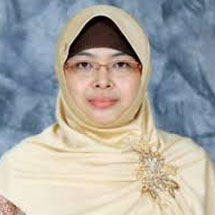
Dr. Nuning Nuraini
Faculty of Mathematics and Natural Sciences
Institute of Technology Bandung
Indonesia
Time: 03.15 pm - 03.45 pm
Mathematical Insight into Delta Variant Dominated Second Wave of COVID-19 in Nepal
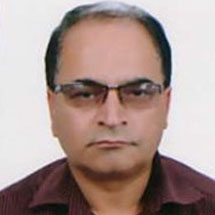
Prof. Kedar Nath Uprety
Department of Mathematics,
Institute of Science and Technology,
Tribhuvan University, Nepal.
Time: 03.45 pm - 04.15 pm
Modeling the role of healthcare facilities and vaccination on the dynamics of an emerged infectious disease
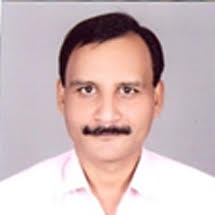
Prof Arvind K Mishra
Department of Mathematics,
Institute of Science,
Banaras Hindu University, Varanasi U.P., India
Time: 04.15 pm - 04.45 pm
Optimizing health resources to prevent disease and save lives
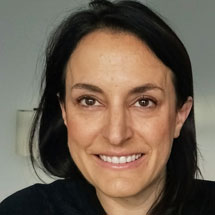
Dr. Sherrie Kelly
Swiss Tropical and Public Health Institute (Swiss TPH),
Basel, Switzerland
Technical Papers
| Time | Details |
| 09:00 – 09:15 |
Joint Modelling of Dengue Data using a Semi Parametric Survival Response and a Parametric Count Response Himasha Hettiarachchi and Roshini Sooriyarachchi |
| 09:15 – 09:30 |
Identification and Classification of Covid-19 According to the Severity by Lung CT Scan Images Using Machine Learning and Image Processing Techniques Madhu Kalpanie Withana Arachchi, Uditha Prabhath Liyanage and W.M. Dimuthu Wijeyaratne |
| 09:30 – 09:45 |
Modelling and Simulating the Transmission Dynamics of COVID-19 using Agent-Based Modelling Ruklan Kularatne and Upul Sonnadara |
| 10:15 – 10:30 |
Developing a probability model for identifying the dynamics of viral marketing Supun Sampath, Sulani Perera and Sanjeewa Perera |
| 10:30 – 10:45 |
Evolution of COVID-19: Analysis through Growth Models M.M.Y.E. Marasinghe, A M C H Attanaake, S.K.P. Eranga and S.S.N. Perera |
| 10:45 – 11:00 |
Joint Multilevel Discrete Competing risk with Continuous Outcome via Bivariate Copula model – Application to a Dengue Epidemiology Study, Sri Lanka Hasani Karunarathna and Roshini Sooriyarachchi |
| 11:00 – 11:15 |
An Agent Based Simulation for Infectious Disease Transmission Lawan Wijaysooriya, Sanjeewa Perera and Dilruk Gallage |
| 11:15 – 11:30 |
Time Series Analysis to Forecast the Future Confirmed Cases of COVID-19 in Sri Lanka Nathasha Boralessa |
| 11:30 – 11:45 |
A Deterministic Delay Model in the Theory of Contagious Disease Sudesh Chanaka, Paduma Samarawickrama and Sanieewa Perera |
| 11:45 – 12:00 |
Ranking Countries According to Transmission Risk of COVID-19 using Grey Relation Analysis M.S.H. Perera and I.T.S. Piyatilake |
| 12:00 – 12:15 |
The effect of control strategies on the spread of COVID-19 based on a mathematical model Nadishika Sandaruwini and Lekam Watte Somathilake |
| 12:15 – 12:30 |
Developing a Fuzzy Operator Based Model to Capture Transmission Risk of COVID-19 Dineshi Silva, Thilini Piyatilake and Sanjeewa Perera |
| 12:30 – 12:45 |
Perspectives of modeling COVID-19 transmission via integral equations R.G.U.I. Meththananda, N.C. Ganegoda and S.S.N. Perera |
| 14:15 – 14:30 |
Analyzing the early stage of COVID-19 transmission in Sri Lanka via a multi–patch compartmental model Yashika Jayathunga, Hasitha Erandi, Naleen Ganegoda and Sanjeewa Perera |
| 14:30 – 14:45 |
Age structured simulation model for the spread of Covid-19 Geeshath Panditharatne, Hasitha Erandi, Naleen Ganegoda and Paduma Eranga |
